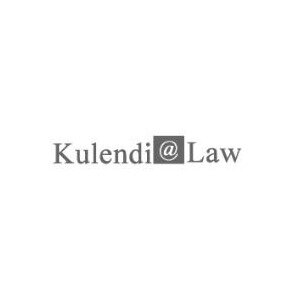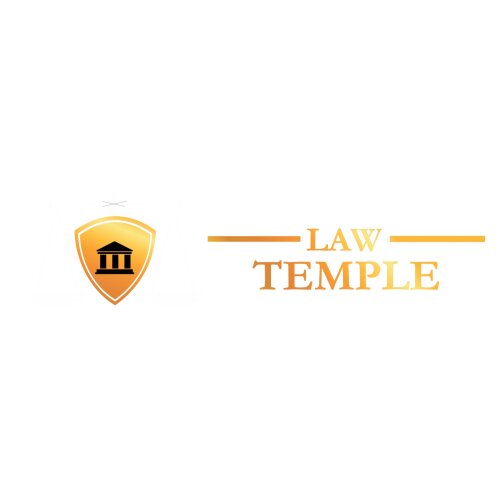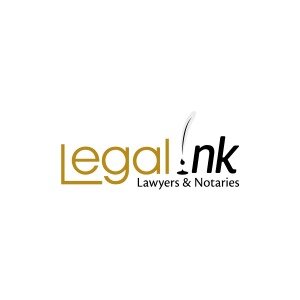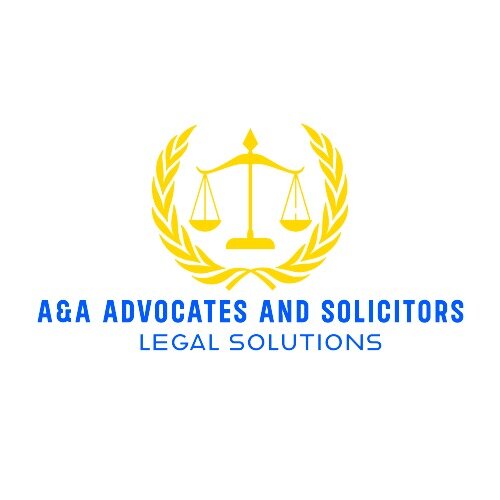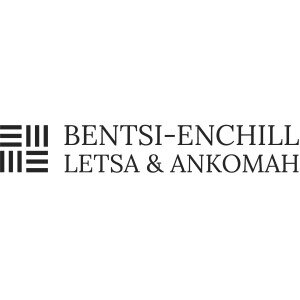Best Real Estate Due Diligence Lawyers in Ghana
Share your needs with us, get contacted by law firms.
Free. Takes 2 min.
Free Guide to Hiring a Real Estate Lawyer
Or refine your search by selecting a city:
List of the best lawyers in Ghana
About Real Estate Due Diligence Law in Ghana
Real Estate Due Diligence in Ghana involves a series of inspections, legal checks, and research conducted before a property transaction to ensure that there are no hidden issues that could affect the buyer. This process includes verifying property ownership, checking for any encumbrances, understanding zoning requirements, and ensuring compliance with local laws and regulations. The process provides detailed insights into the physical, legal, and financial aspects of a real estate investment, helping buyers make informed decisions.
Why You May Need a Lawyer
Engaging a lawyer in the due diligence process can be critical in several situations:
- Verifying Title Documents: Lawyers can help verify the authenticity and legality of the title documents to prevent fraud.
- Complex Transactions: Transactions involving leasing, joint ventures, or large commercial properties may require legal expertise to navigate complex agreements.
- Resolving Disputes: Legal conflicts, whether inheriting a property or boundary disputes, can benefit from professional legal advice.
- Understanding Local Regulations: Lawyers provide guidance on local zoning laws, potential liabilities, and required permits or licenses.
Local Laws Overview
In Ghana, the legal landscape surrounding real estate is governed mainly by the Land Act, 2020 (Act 1036) and the Land Title Registration Law of 1986. Some key aspects include:
- Customary Land Ownership: A significant portion of land in Ghana is owned under customary law, involving chiefs and traditional authorities.
- Title Registration: The law mandates the registration of land titles to ensure legal recognition and protection of interests.
- Encumbrances and Liens: Due diligence involves checking for existing claims, such as mortgages or easements, on the property.
- Environmental Regulations: Compliance with environmental impact assessments and zoning laws is necessary, especially for commercial properties.
Frequently Asked Questions
What is due diligence in real estate?
Due diligence is the process of investigating and verifying the details of a property before finalizing a transaction. It ensures that the buyer is aware of all aspects of the property.
How long does the due diligence process take in Ghana?
The time frame varies but typically takes between two to four weeks, depending on the complexity of the property and the thoroughness of the checks required.
Why is title verification important?
Title verification ensures that the seller legally owns the property and that there are no existing liens or disputes that may affect your ownership.
Can I conduct due diligence without a lawyer?
While possible, engaging a lawyer is highly recommended to navigate the complexities and legalities involved effectively.
What are some red flags during due diligence?
Potential red flags include unclear title documentation, undisclosed encumbrances, zoning violations, and environmental hazards.
How do I verify if a property is not encumbered?
Conduct a search with the Lands Commission to check if there are any registered encumbrances on the property.
What is the role of the Lands Commission in due diligence?
The Lands Commission is responsible for land title registration, valuation, and management, critical in verifying property ownership and status.
Are there any taxes involved in real estate transactions?
Yes, there are taxes such as stamp duty and capital gains tax, which may be applicable based on the value and nature of the transaction.
What is the Land Act, 2020?
The Land Act, 2020 consolidates existing laws and introduces new provisions to streamline ownership, registration, and land management processes.
Is environmental compliance necessary for all real estate transactions?
Yes, especially for developments that may impact the environment, compliance with environmental regulations is mandatory.
Additional Resources
For further assistance, consider reaching out to the following:
- The Lands Commission of Ghana: For official information on land titles and registration.
- Ghana Real Estate Developers Association (GREDA): Offers resources for real estate developers and investors.
- Ministry of Lands and Natural Resources: Provides governmental oversight on land use and management.
Next Steps
If you require legal assistance with Real Estate Due Diligence in Ghana, consider the following steps:
- Consult with a reputable real estate lawyer familiar with Ghanaian property law.
- Gather all relevant documentation concerning the property you are interested in.
- Contact the Lands Commission to initiate any necessary searches or registrations.
- Consistently communicate with all parties involved to stay updated on the progress of your due diligence checks.
Lawzana helps you find the best lawyers and law firms in Ghana through a curated and pre-screened list of qualified legal professionals. Our platform offers rankings and detailed profiles of attorneys and law firms, allowing you to compare based on practice areas, including Real Estate Due Diligence, experience, and client feedback.
Each profile includes a description of the firm's areas of practice, client reviews, team members and partners, year of establishment, spoken languages, office locations, contact information, social media presence, and any published articles or resources. Most firms on our platform speak English and are experienced in both local and international legal matters.
Get a quote from top-rated law firms in Ghana — quickly, securely, and without unnecessary hassle.
Disclaimer:
The information provided on this page is for general informational purposes only and does not constitute legal advice. While we strive to ensure the accuracy and relevance of the content, legal information may change over time, and interpretations of the law can vary. You should always consult with a qualified legal professional for advice specific to your situation.
We disclaim all liability for actions taken or not taken based on the content of this page. If you believe any information is incorrect or outdated, please contact us, and we will review and update it where appropriate.
Browse real estate due diligence law firms by city in Ghana
Refine your search by selecting a city.








